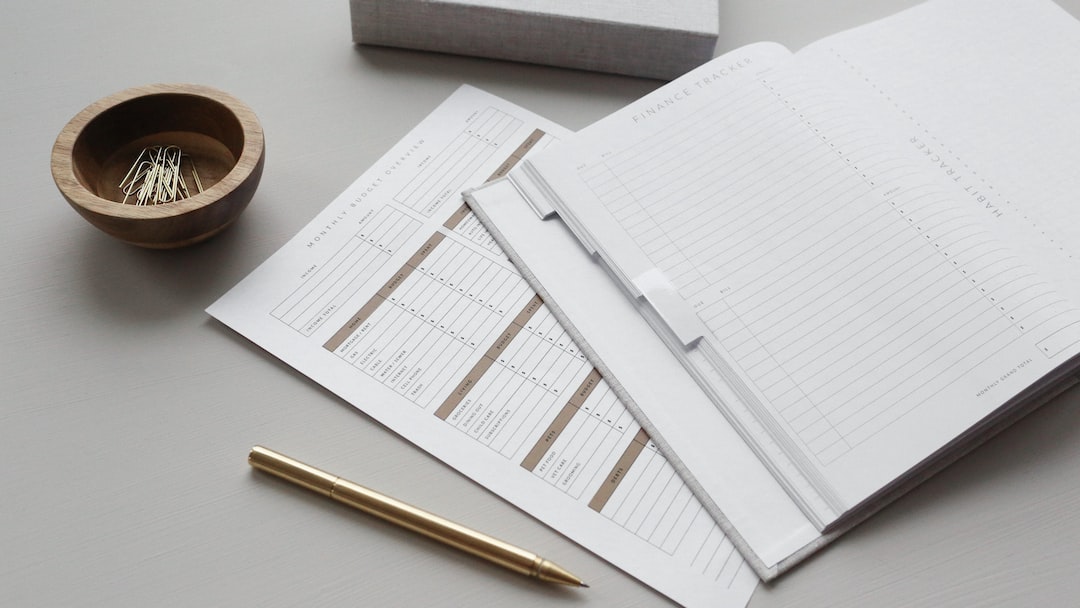How to Negotiate Salary and Increase Your Earning Potential
When it comes to your career, one of the most important aspects is your salary. It serves as a reflection of your value and contributions to the company. Negotiating your salary can be intimidating, but it is a necessary step to increase your earning potential and achieve financial stability. In this blog post, we will discuss effective strategies to help you negotiate your salary successfully.
Do Your Research
Before entering into any negotiation, it is crucial to gather essential information about your role in the industry and the market value of similar positions. Research various salary surveys, online platforms, and industry-related websites to know the average salary range for your job title and level of experience. This research will provide you with a realistic benchmark and enable you to negotiate confidently.
Highlight Your Value Proposition
While negotiating your salary, it is essential to demonstrate your worth to the company. Prepare a list of your accomplishments, achievements, and the positive impact you have made on the organization. Highlight any special skills or certifications that differentiate you from other candidates. By emphasizing your unique value proposition, you can make a strong case for why you deserve a higher salary.
Timing Is Everything
Timing plays a crucial role in negotiations. If possible, delay discussing your salary until you have established your value and contributions within the company. Showcasing your capabilities and dedication can increase your leverage during negotiations. Additionally, consider negotiating your salary during performance reviews or when taking on additional responsibilities that expand your job scope. These milestones provide opportunities to discuss your compensation and can work in your favor.
Consider the Total Compensation Package
When negotiating your salary, focus on the total compensation package, rather than just the base salary. This includes benefits such as healthcare coverage, retirement plans, stock options, and professional development opportunities. Sometimes, these benefits can be more valuable than an immediate increase in salary. Evaluating the entirety of the compensation package allows for a more comprehensive negotiation strategy.
Practice Effective Communication
Clear and effective communication is key during salary negotiations. Prepare and rehearse your talking points to ensure you convey your message confidently and persuasively. It is important to express your desires and expectations while also listening attentively to the employer’s perspective. Remember to maintain a professional and positive tone throughout the conversation, as the negotiation should be a mutually beneficial process.
Be Flexible and Open to Negotiation
While it is essential to know your worth and set clear expectations, it is equally important to be flexible during the negotiation process. Consider alternative options, such as flexible working hours, additional vacation days, or performance-based bonuses. By expressing your willingness to find a mutually beneficial solution, you can demonstrate your commitment to the company’s success while still advocating for your own interests.
Know Your Walkaway Point
When negotiating your salary, it is essential to know your walkaway point—the salary threshold below which you are not willing to accept the job offer. Define the minimum compensation you need to maintain your financial stability and meet your personal goals. Having a clear walkaway point will prevent you from accepting an offer that falls below your expectations and allows you to make informed decisions about whether to continue negotiations.
Follow Up
After the negotiation, it is important to follow up with a formal thank-you email or letter to express your appreciation for the time and consideration given to your case. Additionally, it can be helpful to request a clear timeline for when you can expect a final decision. Following up shows professionalism and a genuine interest in the opportunity, which may leave a positive impression on the employer.
In conclusion, negotiating your salary is an essential step towards increasing your earning potential and achieving financial stability. By conducting thorough research, highlighting your value proposition, timing your negotiations strategically, considering the total compensation package, practicing effective communication, being flexible, knowing your walkaway point, and following up professionally, you can significantly increase your chances of successfully negotiating a higher salary. Remember, salary negotiations are a mutual discussion and an opportunity to align your compensation with your skills and contributions.










